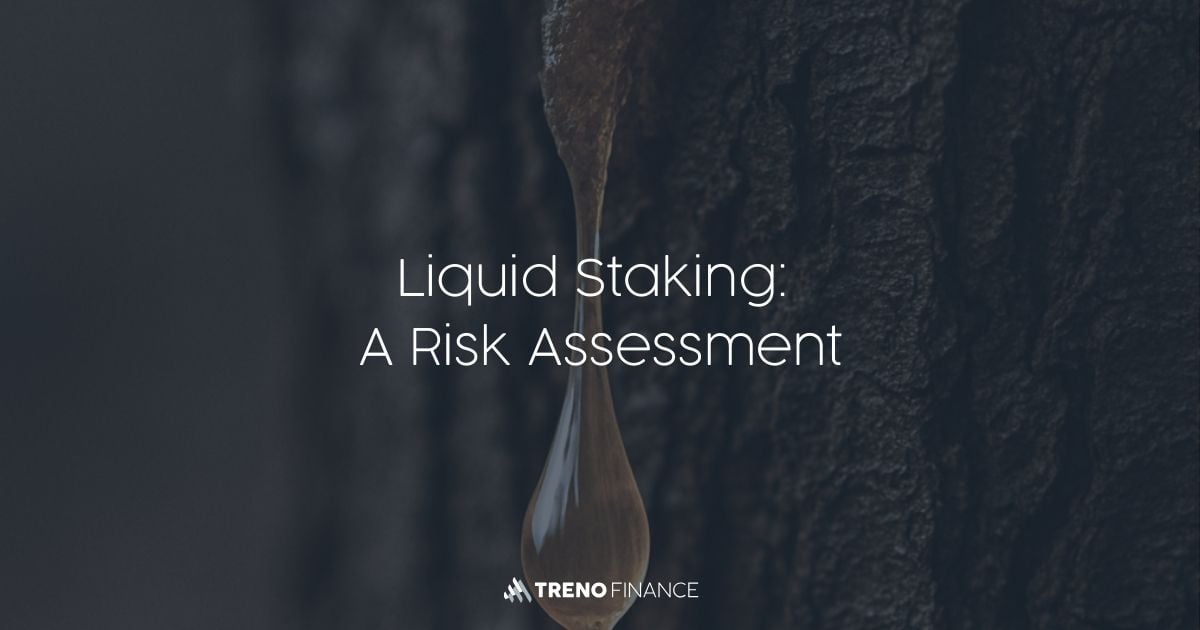Jurisdiction, Origin, and the Underestimated Risk of Decentralization

Founder
1. Origin is not a Side Note (Unfortunately)
DAOs love to present themselves as locationless entities. No office, no management, no country, no problem. Just code, governance, and a vague idea of collectivism. It’s the great illusion of Web3: that structure becomes obsolete if you decentralize it hard enough.
But this narrative doesn't survive serious scrutiny. Every DAO has an origin, whether it wants one or not. It has developers with passports, infrastructure with IP addresses, money flows with jurisdictional touchpoints. The server is somewhere. The wallet is controlled by someone. And the protocol, however autonomous it pretends to be, operates in a world where states still hold power.
Courts don’t care about whitepaper poetry. They ask who's responsible. And they find someone. Sometimes it’s the multisig signer, sometimes the hosting provider, sometimes the pseudonymous founder who forgot to obfuscate his GitHub email.
Reality is: origin matters. As with stocks, bonds, or any other form of capital participation. If you invest, you’re not just betting on a project, you're betting on the country that enables it. Ignoring that is not neutrality. It’s negligence.
2. Origin Is Not a Formality
Whether a protocol survives depends not just on code quality, liquidity, or community. It also depends on where it is, or seems to be.
Origin is not an administrative label. It determines what laws apply, which authorities have access, which sanctions are enforceable, and whether certain investors can legally touch it.
A protocol operating out of the US falls under the reach of the SEC, IRS, and OFAC.
A protocol run by Russian or Iranian devs carries structural sanctions risk.
A Cayman-based foundation might be tax-friendly, but gets filtered out by every regulated fund.
Jurisdiction determines:
- whether a token is treated as a security
- whether DAO members can be held personally liable
- whether any court has authority in a dispute
- whether infra partners (e.g., cloud, payments, APIs) must sever service
- whether banks freeze fiat ramps
In short:
Origin is not optional. It is part of the risk profile, especially when people pretend otherwise.
3. Country Risk Isn’t New, We Just Forgot It
In traditional finance, origin is a valuation standard. In Web3, it’s a blind spot.
No one seriously analyzes a stock without considering the country behind it. Chinese equities? Delisting risk. Russian bonds? Sanctions. Emerging markets? Currency controls, legal uncertainty, political fragility.
All of that is priced in.
In Web3? Radio silence.
DAOs are treated as neutral software. No country, no strings. But ignoring origin means ignoring:
- regulation
- enforcement
- legal accountability
- and institutional investability
You can’t seriously assess a protocol if you don’t know:
- who the signers are
- where the code lives
- where the funds sit
- and who would receive a subpoena if things go wrong
4. Origin Isn’t Overlooked, It’s Obscured
Nobody registers a foundation in the Cayman Islands for the beach views.
And no one geo-blocks US users without fearing the SEC.
DAOs act decentralized, but they build strategically.
They design their structures to make origin as hard to trace as possible:
- Server behind Cloudflare, anonymous domain registration
- Pseudonymous team members with VPNs and no time zone metadata
- Multisigs spread across continents with selective visibility
- Foundation in BVI, token distribution via Singapore
- Frontend geo-blocking that breaks with three VPN clicks
That’s not a bug. That’s off-the-record risk management.
Not clarifying regulation, but dodging jurisdiction.
This is: Decentralization Theatre.
Technically plausible, legally absurd, yet widely accepted because it’s convenient.
But this concealment makes DAOs uninvestable for serious players:
Institutions. Banks. Funds. Anyone who can’t run on vibes and VPNs.
5. Origin Leaves Traces, And You Can Find Them
DAO origin isn’t absent. It’s just fragmented, across GitHub, wallets, domains, and operational dust.
Some of the strongest indicators:
Multisig Geography:
Look at signature timestamps. Who always signs at night? Who disappears on weekends?
Commit History:
GitHub metadata, language, slang, comment style, all can hint at cultural origin.
Domain & Hosting:
DNS records, Cloudflare masking, SSL issuers, hidden contact info, sloppy setups often leak location.
Token Distribution Events:
Which launchpads? Which KYC flows? Where were investors geo-fenced?
Legal Dust:
Privacy policies, hidden terms, disclaimers. Many copy/paste US exclusions or EU liability clauses.
Off-Chain Infra:
Bug bounty wallets, gas funding, treasury ops, often via centralized wallets using KYC-stablecoins.
You don’t need perfect data. You need pattern recognition and a low tolerance for “we don’t know.”
Because decentralization is no excuse for analytical blindness.
6. Origin Is a Risk Factor
There is no legitimate reason for a serious project to completely obscure its origin.
A DAO doesn’t need a registered address, but if it systematically wipes every trace, that’s not neutral. That’s strategic. And it’s a risk signal.
If you can’t identify a DAO’s origin, that likely means:
- enforcement is nearly impossible
- sanction exposure is unquantifiable
- legal compliance is unknown
- and investor risk is structurally opaque
Origin isn’t a footnote, it’s a key compliance and reputation vector.
Transparent DAOs reduce risk. Opaque DAOs amplify it. Simple as that.
We suggest embedding this directly into any Web3 risk framework:
- Origin known: neutral to positive
- Origin unclear: elevated risk
- Origin deliberately hidden: high risk
This isn’t about paranoia.
It’s about respecting reality.
Decentralization doesn’t eliminate responsibility.
It only redistributes it.
And anyone who removes origin from the equation loses sight of what legal and financial risk truly means.





